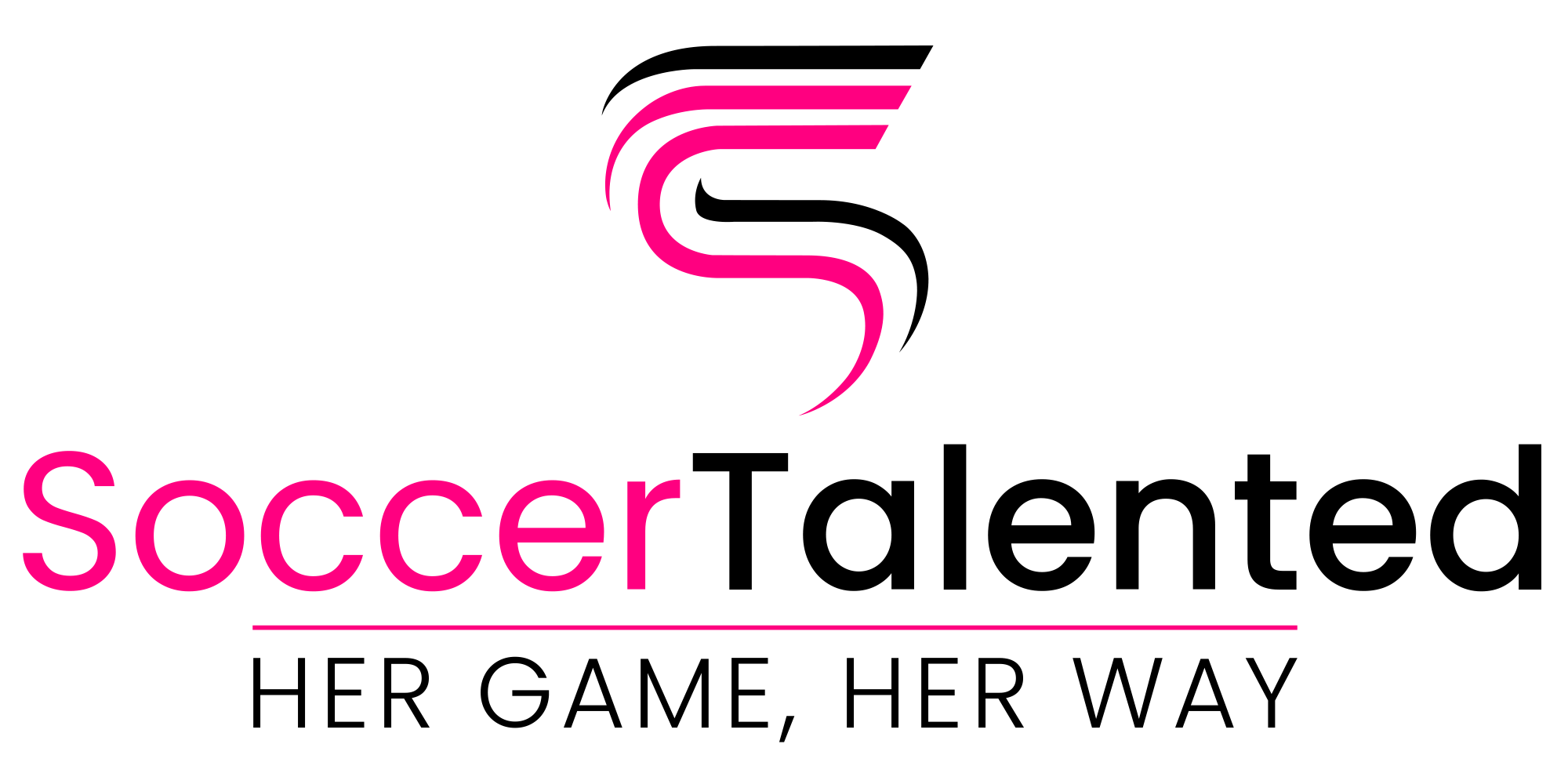Mastering Time Mangement for Student-Athletes
Table of Contents

Juggling Balls and Books
In the thrilling world of soccer, every second can turn the game on its head. Off the field, high school and college soccer players face a different kind of time pressure, one that demands the seamless juggling of intense soccer training and academic commitments.
The ability to manage time effectively becomes as fundamental to their success as their agility and precision with the ball. This comprehensive guide offers valuable insights and practical time management tips, specially curated for soccer players aiming to balance their sports career and academic life.
Striking the Balance: The School-Soccer Conundrum
Delving into the Dual-Demands of Student-Athletes
Walking the tightrope as a student-athlete necessitates a deep understanding of the challenges ahead. It involves a unique blend of responsibilities:
- Soccer Training and Matches: This could involve long hours on the field, often extending to unscheduled practices, strenuous fitness sessions, and travel time for away matches.
- Academic Responsibilities: Attending classes, completing homework, preparing presentations, and studying for exams demand significant time, focus, and mental energy.
- Rest and Recreation: Amidst the whirlwind of activities, student-athletes need to prioritize physical recovery and mental relaxation, ensuring they have the energy to stay on top of their game.

Time Management Strategies: The Roadmap to Success
The cornerstone of effective time management is the art of prioritization. Here’s a step-by-step guide to doing it right:
- List Your Tasks: Make a comprehensive list of your daily, weekly, or monthly tasks, encompassing both your athletic and academic responsibilities.
- Rank Your Tasks: Based on urgency, importance, and effort required, assign a ranking to each task.
- Plan Your Schedule: Use the rankings to allocate time for each task in your schedule, ensuring a balanced mix of athletic, academic, and personal activities
Embrace the Digital Age: Using a Planner or Digital Calendar
A well-structured planner or digital calendar can serve as your time management ally, allowing you to visualize your time allocation and stay ahead of deadlines. Applications like Google Calendar or Microsoft Outlook can even send reminders and can be accessed from multiple devices, keeping you in sync with your schedule at all times.
The Power of Routine: Build Consistent Schedules
Establishing a routine can create predictability and control, even in the most hectic schedules. Regular sleep schedules, set study hours, and training routines create a structure, helping student-athletes to manage their time efficiently and perform at their best.
Achieving Equilibrium: Balancing Soccer and Academics
Study Smart: Effective Study Techniques
Strategic studying can lead to better academic performance and efficient use of time. Here’s how to study smart:
- Set Concrete Goals: Specific goals for each study session bring focus and direction. Instead of ‘Study for History,’ try ‘Read and summarize Chapter 3 of History’.
- Embrace the Pomodoro Technique: Divide your study time into focused intervals (typically 25 minutes), followed by short breaks (around 5 minutes). This method can enhance focus and mitigate fatigue.
- Vary Your Tasks: Rotate between different subjects or types of tasks during your study sessions to maintain interest and avoid monotony.
The Support System: Open Communication with Coaches and Professors
Open and transparent communication with your coaches and professors can make it easier to manage your dual responsibilities. They can offer guidance, understanding, flexibility, and resources, making your student-athlete journey smoother.
Rest and Recovery: The Unsung Heroes
The importance of rest and recovery can’t be overstated. Sufficient sleep enhances learning, memory, and athletic performance. Furthermore, leisure activities that help you unwind can contribute positively to mental well-being and stress management.
Frequently Asked Questions (FAQs)
How can I achieve a successful balance between soccer training and schoolwork?
Balancing soccer training and schoolwork effectively involves employing a mix of time management strategies such as prioritizing tasks, planning with the help of a digital planner, establishing consistent routines, and using effective study techniques. Open communication with your coaches and professors about your commitments and seeking their support when needed can also play a crucial role.
Are there specific time management strategies for female soccer players?
While time management strategies are universally applicable to all student-athletes, individual requirements may vary based on personal commitments and responsibilities. The challenge lies in finding and implementing the strategies that best fit your specific situation.
What are the steps to ensure academic success as a student-athlete?
Academic success hinges on a combination of effective study strategies, proactive communication with professors, dedicated time for academic tasks, and ensuring adequate rest and relaxation to facilitate effective learning and cognitive functioning.
Additional Resources
NCAA time management guidelines for D1, D2, and D3 college schools. Click HERE for PDF Download.
“Universities Provide Technology and Support for Student-Athletes” Click HERE to read the article.
NCSA College Recruiting websites article: “This Study Proves Just How Much Time College Athletes Spend On Their Sport”, Click HERE for PDF Download

Final Whistle
For high school and college soccer players, time management is a skill that can define their success, both on the soccer field and in the academic arena.
While managing demanding soccer training schedules with academic commitments might seem like an uphill task, it becomes a manageable and rewarding endeavor with the right strategies and support.
Remember, the ultimate goal isn’t just about scoring goals on the field or acing tests in the classroom, but about evolving into a well-rounded individual who can make the most of every ticking second.

Author: Teesta Sisodia Sullivan, Founder of Soccer Talented
Teesta has a Law Degree from Stetson University School of Law, a Master's in Health Science from the University of North Florida, and a BA in Psychology from the University of Miami, giving her a unique blend of expertise for advocacy of women's soccer. She's a mother of three, all played soccer at various levels and also founded www.GoSoccerPro.com.
Let us know if you need more information?
Mike Sullivan


